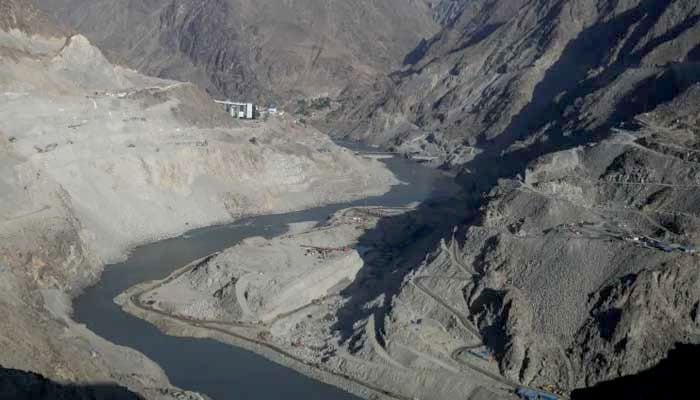
Pakistan on Friday hailed the Permanent Court of Arbitration’s Supplemental Award in the Indus Waters Treaty (IWT) case, asserting that India has no authority to suspend the agreement unilaterally.
According to a statement issued by the government, Pakistan reiterated its commitment to resolving the issue under the IWT framework and stressed the need for renewed diplomatic engagement between the two countries.
The arbitration court’s ruling confirmed that India’s actions could not undermine the jurisdiction of either the court of arbitration or the Neutral Expert in proceedings under the IWT.
“Court has affirmed its competence in light of recent developments and that unilateral action by India cannot deprive either the Court or the Neutral Expert… of their competence to adjudicate the issues before them,” read the statement.
“The high priority, at this point, is that India and Pakistan find a way back to a meaningful dialogue, including on the application of the Indus Waters Treaty,” the statement added.
Prime Minister Shehbaz Sharif, in remarks made on June 24, also extended an olive branch to New Delhi. “Pakistan is ready to engage in a meaningful dialogue with India on all outstanding issues, including [Indian Illegally Occupied] Jammu & Kashmir, water, trade and terrorism,” he said.
Following the killing of 26 people in Indian Illegally Occupied Jammu and Kashmir in April, India held the Indus Waters Treaty with Pakistan in abeyance.
New Delhi accuses Islamabad of orchestrating the deadly militant attack, an allegation that Pakistan denies.
Based on these baseless allegations, India started the war against Pakistan last month, which was the heaviest fighting to have occurred between the two neighbouring nations in decades, before a ceasefire was reached and brokered by the US.
The nuclear-armed neighbours disagree over the use of the water from rivers that flow downstream from India into the Indus River basin in Pakistan.
The use of the water is governed by the IWT, which was mediated by the World Bank and signed by the neighbours in September 1960.
There is no provision in the treaty for either country to unilaterally suspend or terminate the pact, which has clear dispute resolution systems.
The ruling
The ruling addresses recent developments, including India’s declaration in April 2025 that the treaty would be held “in abeyance.”
The unanimous judgment, delivered on June 27, 2025, and binding on both parties without appeal, confirmed that India’s unilateral decision to place the treaty in abeyance has no bearing on the Court’s competence to adjudicate the matter.
Arbitration proceedings between Pakistan and India under the IWT formally began at the Permanent Court of Arbitration in The Hague, following Pakistan’s request for the establishment of a court on August 19, 2016.
The legal process was initiated under Article IX of the Indus Waters Treaty, which provides a framework for dispute resolution between the two countries over water-related issues.











